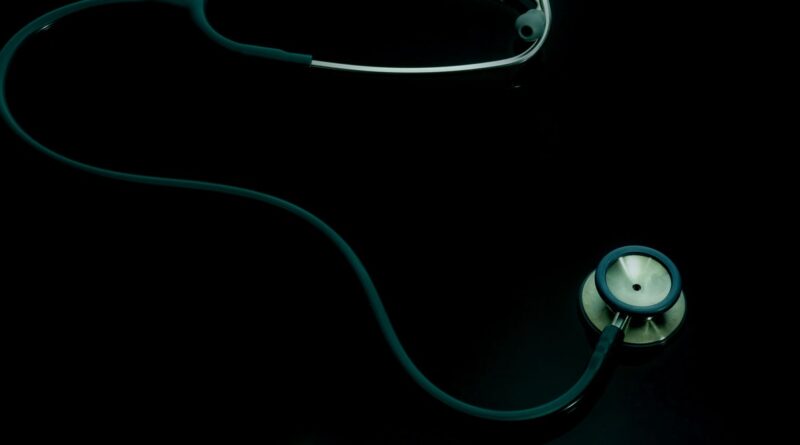Doctors Behind Mifepristone Ban Called ‘Christians’ a Top Threat
Unequivocally, ACPeds’ recruitment efforts are focused on individuals it believes are both religious and conservative, for all its protestations to the contrary. A 2017 document, for instance, revealed that the group had recently set a goal of contacting “Christian medical schools to recruit members.” The following year, it solicited fundraising advice from the Alliance Defending Freedom, a Christian legal advocacy group that has provided ACPeds with free legal services and is currently representing it in the fight over mifepristone. The advice it received was redundant: “TARGET CHRISTIAN MDs.”
In a declaration in federal court in 2021, Quentin Van Meter, the president of the American College of Pediatricians, described the organization as a “secular, scientific medical association,” whose “views are not religious as such.”
ACPeds has also targeted donors, physicians, and other clinicians based solely on their political leanings, documents show. The group maintains a list of more than 5,000 “conservative doctors,” for instance, and records reveal that they have been routinely targeted with mailers designed to elicit interest in membership.
In 2021, ACPeds solicited a proposal from a direct-mail fundraising agency on how to boost its fundraising efforts and where to spend the windfall. The agency recommended that ACPeds target “30,000 prospective conservative donors,” whose gifts, it said, would in turn be spent to “target conservative professionals in the medical community.” In an explanation of the services it offers, the agency said it could procure donor lists from “other like-minded organizations,” and that, if ACPeds wished, it could facilitate “exchanges” and “rentals” of other mailing lists.
Information about medical professionals would not be sold or exchanged, the agency said, if the professionals are “existing ACPeds members.” A contract between the group and the agency was finalized in August 2021, records show.
Despite its homages to science, the views of ACPeds and its board are deeply rooted in a morality based exclusively in evangelical religious beliefs. Notes taken at board meetings, which open and close with prayer, show that its directors view consensus science, people who hold advanced degrees, and even the law itself as a threat to its agenda. Prayer is prescribed as “armor” against the group’s perceived adversaries, which include other Christians whose devotion they’ve judged to be inadequate.
Minutes from a 2017 board meeting read: “Threats to the College include the Southern Poverty Law Center (SPLC), the Human Rights Campaign (HRC), and the LGBTQ lobbying body, as well as mainstream medicine, psychology, academia, media, corporate America and nominal Christians, churches and organizations.”
The atmosphere at ACPeds’ closed-door meetings, dozens of which are meticulously documented, contrasts sharply with the image it aims to project publicly. Conversations over exactly how religious the group can present itself publicly have rolled from one year to the next. During meetings in 2014 and 2015, members discussed the potential benefits of declaring their “recognition of God versus standing purely as a scientific organization.” A minute taker noted that no “definitive agreement” could be reached about “whether or not to do this.”
Records of its membership totals show that as few as half of ACPeds’ 700 members may be practicing pediatricians, with its numbers being boosted by subscriptions from students, retirees, and so-called “friends” of the organization. Records show the group has also explored expanding its ranks to include additional members without medical expertise in response to its lackluster returns on expensive recruitment efforts.




